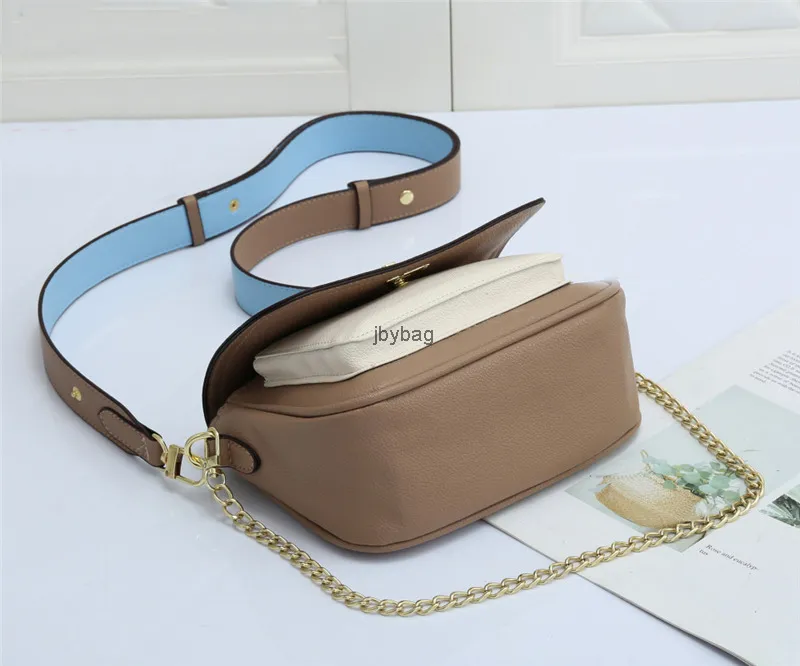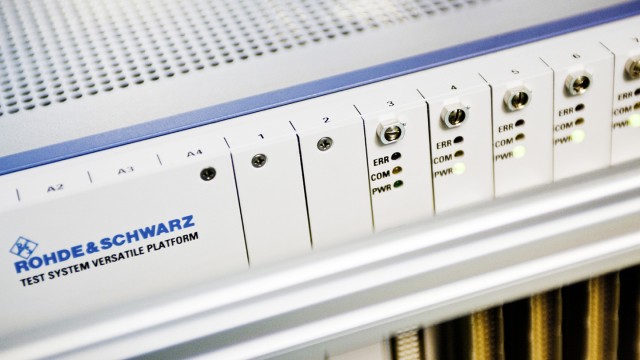
(Click on the letter to view terms beginning with that alphabet.) A | B | C | D | E | F | G | H | I | J | K | L | M | N | O | P | Q | R | S | T | U | V | W | X | Y | ZĪccident - an unexpected event or circumstance without deliberate intent.Īccident Insurance - insurance for unforeseen bodily injury.Īccident Only - an insurance contract that provides coverage, singly or in combination, for death, dismemberment, disability, or hospital and medical care caused by or necessitated as a result of accident or specified kinds of accident.Īccident Only or AD&D - policies providing coverage, singly or in combination, for death, dismemberment, disability, or hospital and medical care caused by or necessitated as a result of accident or specified kinds of accidents.

Some words and/or phrases may be defined differently by other entities, or used in a context such that the definition shown may not be applicable. These definitions represent a common or general use of the term. The definitions in this glossary are developed by the NAIC Research and Actuarial Department staff based on various insurance references. New terms will be added to the glossary over time. You can cash, deposit, or exchange them at financial institutions where you travel.This page provides a glossary of insurance terms and definitions that are commonly used in the insurance business. You can buy traveler’s checks from financial institutions and may pay a small fee.

That’s because the money would come from the bank’s funds rather than your account.

Personal checks: You’d write a personal check from your checking or savings account.The document must specify the amount of money and may include a certain date by which the money must be paid or else be available on demand. Some examples of negotiable instruments include checks, certificates of deposit, bills of exchange, promissory notes, and money orders.ĭefinition and Examples of a Negotiable InstrumentĪ negotiable instrument is a piece of paper that is like a contract in that it specifies the agreement between the payer who signs it and the payee who is promised the money.The negotiable instrument’s bearer can choose to transfer it to another party such as by endorsing a check to be paid to the order of someone else.This type of instrument must meet the Uniform Commercial Code’s criteria to be considered negotiable.

Drafts and notes are the two categories of negotiable instruments used by individuals and businesses.A negotiable instrument is a written document either ordering or promising the payment of a specific amount of money either at a specific time point or on demand.


 0 kommentar(er)
0 kommentar(er)
